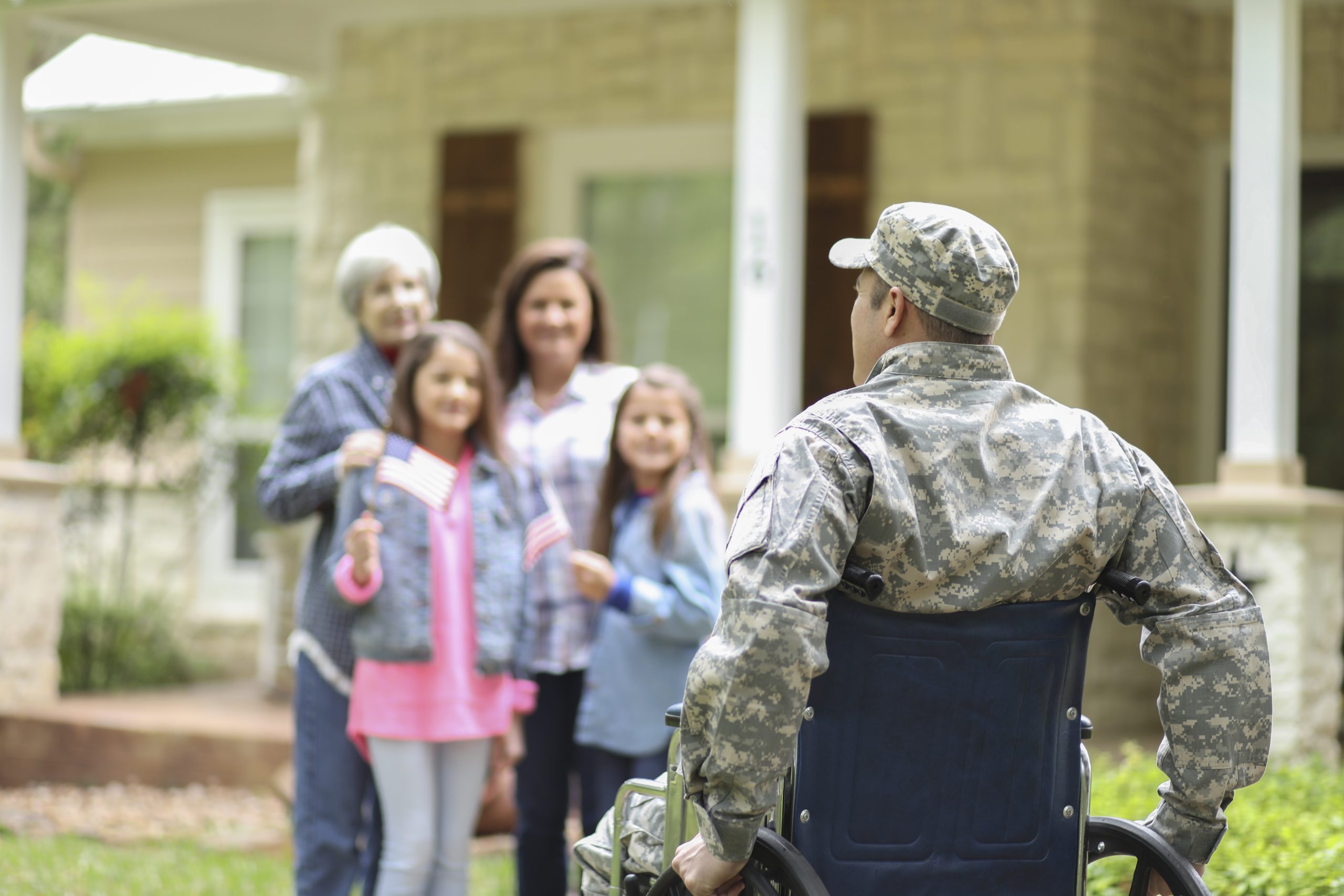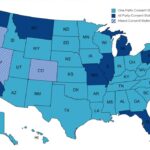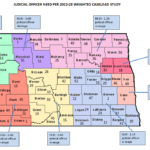
Boosting Veterans’ Access to Essential Care: An Examination of the Dole Act
Last updated January 8, 2025. The Senator Elizabeth Dole 21st Century Veterans Healthcare and Benefits Improvement Act, signed into law by President Biden in January of 2025 marks a monumental effort towards providing superior healthcare support to U.S war veterans.
New Law Enhances Home and Community-based Care for Veterans
The Dole Act, a bipartisan legislation, stands as a significant milestone in the bid to secure improved access for military veterans to home and community-based services (HCBS). Previously, veterans could only profit from HCBS if the services’ cost didn’t surpass 65% of the equivalent cost in a Veterans Affairs (VA) nursing home. The new law now permits veterans to access HCBS if the price matches that of receiving the same care in a VA nursing home. The VA can even approve HCBS expenditures exceeding VA nursing home costs if it serves the veteran’s best interest.
Recognizing the Role of Caregivers in the Well-being of Veterans
The Act goes beyond healthcare access, recognizing the vital role that caregivers play in veterans’ well-being. By coordinating better assistance to family caregivers, the Act aims to lighten their load while ensuring crucial support for veterans. It significantly increases training and educational programs for caregivers, equipping them to tackle the unique challenges associated with caring for veterans.
Support Measures: The Expansion of the Comprehensive Assistance Program for Family Caregivers (CAPFC)
In addition to enhanced caregiver training, the Elizabeth Dole Act expands the VA’s Program of Comprehensive Assistance for Family Caregivers, broadening eligibility for more veterans and their families. This change will provide valuable reinforcements to those who’ve sacrificed their own well-being and financial stability to care for their veteran loved ones.
Advancing Innovation Through Pilot Programs
Embracing innovation, the Act stipulates the development of multiple pilot programs, introducing experimental HCBS models that will offer homemaker and home health care services to veterans residing in areas suffering from a home health aide shortage.
Addressing Veteran-specific Health Needs and Caregains Challenges
The Dole Act acknowledges the unique health challenges often faced by veterans such as physical disabilities, post-traumatic stress disorder, and chronic illnesses. These conditions can amplify the need for caregiver support, making the Act’s focus on HCBS and caregiver support an essential stride towards easing the veterans’ healthcare burden.
More than Healthcare: The Dole Act’s Other Benefits
Apart from enhancing healthcare access and caregiver support, the Senator Elizabeth Dole Act is consistent with home-based care preferences of aging veterans who value maintaining their independence. By reducing dependency on institutional care, the legislation holds great potential to cut down overall healthcare costs, benefiting not just the veterans themselves but the entire system. Furthermore, by investing in caregiver support, the law may boost the mental and physical health of caregivers resulting in consistent, high-quality care for veterans.
Unraveling Veterans’ Benefits: An Elder Law Perspective
Realizing the benefits accessible to veterans can be daunting. However, an experienced elder law attorney can help navigate these systems, ensuring that veterans receive rightful entitlements. Elder law practice areas are growing alongside expansions in veterans’ benefits, highlighting the importance of informed legal guidance in making the most of these improvements.
Originally Post From https://www.elderlawanswers.com/new-law-supports-home-care-caregivers-for-military-veterans-20844

